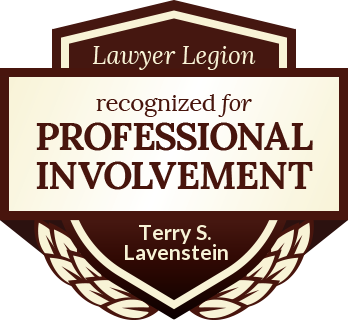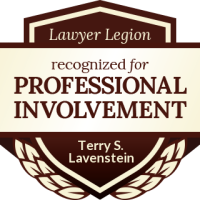By: Matthew A Leyba
[ad_1]
If you have been arrested for a crime, and subsequently found guilty. Whether that was through a plea deal, or convicted after trial there is still one more hearing you need to go through. That is the sentencing hearing where the Judge will impose your sentence. Depending on the type of crime this can range anywhere from no sanction, to many years in prison.
At the sentencing hearing the Judge will ask the defendant if he or she has anything they wish to say regarding their sentence. In that situation the defendant has the right to say something, or they can choose not to say something. In my experience I find it helpful if the defendant chooses to say something. Here are some tips when thinking of something to say to the Judge.
Apologize for your actions: This is important because the Judge wants to know you that are sorry for what you did. Not just sorry because you got caught. By apologizing to the Judge for your actions you’re showing the Judge that you are being accountable for your actions, and willing to take responsibility.
Explain your background: Typically most Attorneys will inform the Judge of the defendant’s background, the incident in question. But I think its helpful if this information comes from the Defendant. If you’re convicted of a DUI, and you suffer from alcoholism tell the Judge. Tell them how you struggle with this disease, and you’re doing everything possible to get it under control.
Discuss positives that come from this experience: Obviously being arrested and convicted of a crime doesn’t have many positives. But if you can tell the Judge what you learned from this, and how you will not make the same mistake twice this is very helpful. For example if your convicted of a DUI, and you tell the Judge now you recognize how much alcohol can be in your system for you to be affected by it. Or you discuss what you learned at the alcohol drug treatment, or classes. These actions will be more powerful than any words you can say. Which brings me to my next point.
Complete aspects of sentence before sentenced: In a typical first offense DUI case, most Judges will impose an alcohol and drug assessment, and alcohol classes. If you can get these classes done before they are even imposed then this will reflects more favorably for you.
You will never do this again: This kind of goes hand in hand with apologizing to the court. But I find Judges are really receptive if a defendant tells them they will never appear in this court again. Now obviously if you have a prior criminal history this will not be as effective. But if you have never been in trouble before than this will go along way to ensuring the Judge.
The biggest tip I can provide is be genuine. If you don’t feel any of the above things, then don’t fake it. A Judge can pick up on it, and will hammer you.
[ad_2]
Source














